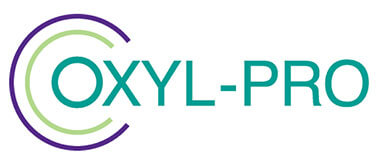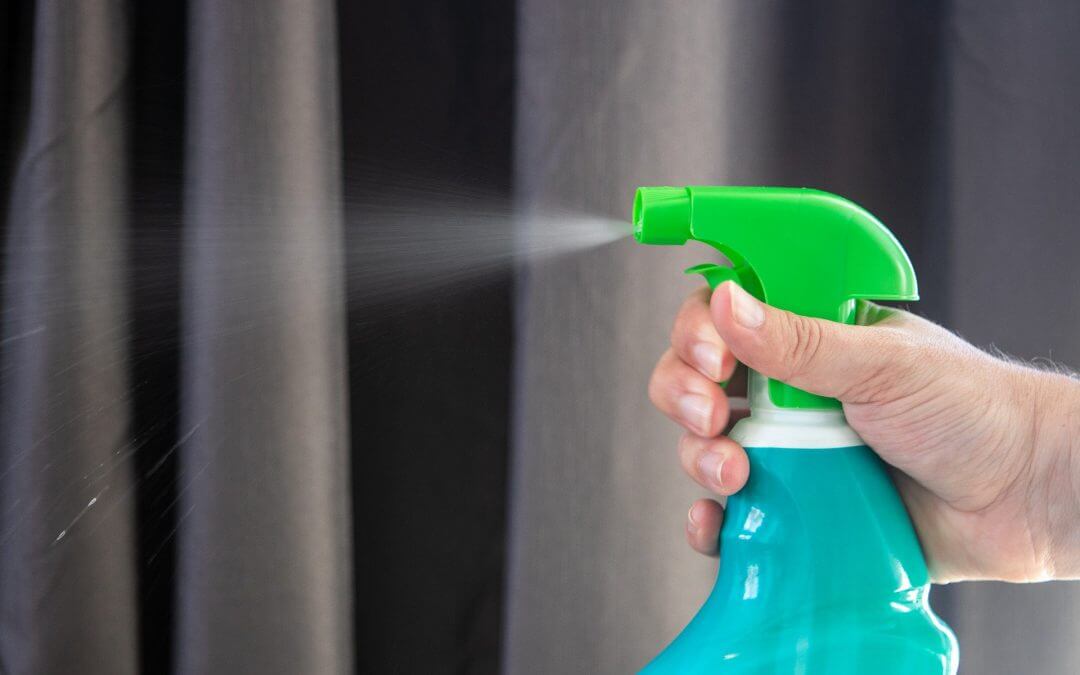It has other uses, too, because you can change its reaction conditions.
But as the basis for water treatment, hydrogen peroxide has several key benefits as a high-level disinfectant.
What is Hydrogen Peroxide?
Hydrogen Peroxide is a chemical compound, first discovered in 1918. It contains two hydrogen atoms and two oxygen atoms.
It is a colourless liquid, and at very high concentrations it is inflammable. But at lower concentrations, hydrogen peroxide is the basis for a wide range of products and treatments.
The manufacture of hydrogen peroxide involves burning barium salt to produce barium peroxide. When you dissolve barium peroxide in water, you get hydrogen peroxide.
Common Uses of Hydrogen Peroxide
As well as being a disinfectant, hydrogen peroxide has a broad range of uses.
It is used in cleaning, and in personal care products such as hair dyes and bleaches, bathroom cleaners, stain removers and, in low concentrations, in toothpaste and mouth washes.
A large proportion of hydrogen peroxide that is produced globally is used in the bleaching of pulp and paper.
Other bleaching applications include its use in the manufacture of sodium percarbonate and sodium perborate.
The antiseptic applications for hydrogen peroxide include its use in the healthcare industry and in consumer disinfecting and cleaning products.
Why Use Hydrogen Peroxide as a Disinfectant in Water?
Hydrogen peroxide disintegrates rapidly into hydrogen and oxygen without leaving any by-products. This rapid process increases the amount of oxygen in water when you add hydrogen peroxide to it.
Hydrogen peroxide works as a high-level disinfectant in water by generating free radicals, which then decompose pollutions to leave only water behind.
The free radicals you get using hydrogen peroxide in water oxidise and disinfect the water, eliminating proteins.
This has various benefits:
- It leaves no trace of chemical residues due to how the peroxide fully decomposes
- It removes odours caused by hydrogen sulphide gas
- It is biodegradable through the way it immediately disintegrates in water
- It will not pollute water, nor will it contaminate soils
- If you apply it to irrigation systems, it will clean organic deposits from them.
Why Stabilise Hydrogen Peroxide Disinfectant?
Although untreated hydrogen peroxide has benefits as a disinfectant, it also has certain disadvantages.
It is unstable, making it only effective for short periods of time.
If added to water with a hot temperature, this can compromise the effectiveness of hydrogen peroxide.
Hydrogen peroxide will react with catalase, an enzyme that shields bacteria. Bacteria produce this enzyme as a defence mechanism, and the more they produce, the less effective hydrogen peroxide will be as a disinfectant.
However, if you stabilise hydrogen peroxide, the stabilisation agent will react with the catalase and destroy it.
Once this occurs, the hydrogen peroxide is then free to eliminate the bacteria, by penetrating the walls of its cells.
Traditionally, the common method for stabilising hydrogen peroxide is by using silver.
But while this is a well-established and effective method, there are potential pollution issues with the disposal of silver.
A Next Generation Alternative for Stabilised Hydrogen Peroxide
Oxyl-Pro is a next generation disinfectant with multiple applications, including water treatment.
It uses only food-safe ingredients, instead of silver, to stabilise the aseptic grade hydrogen peroxide that is the basis for its formulation.
This unique form of stabilisation involves encapsulated molecules, which activate only when in contact with specific biological markers.
This creates a highly-focused disinfectant, helping to eliminate waste, while being suitable for a broad range of water treatments. Oxyl-Pro will remove and prevent biofilm, and it is effective in eliminating legionella and pseudomonas from water systems.
For more information about the Oxyl-Pro product range, please complete our contact form, call us on +44 1606 851 782, or email enquiries@oxylpro.com

